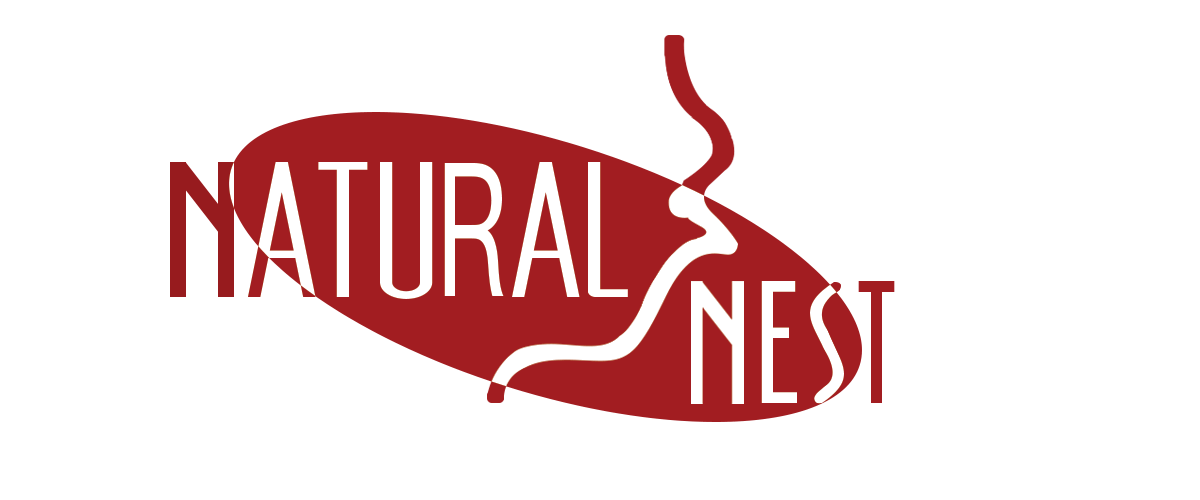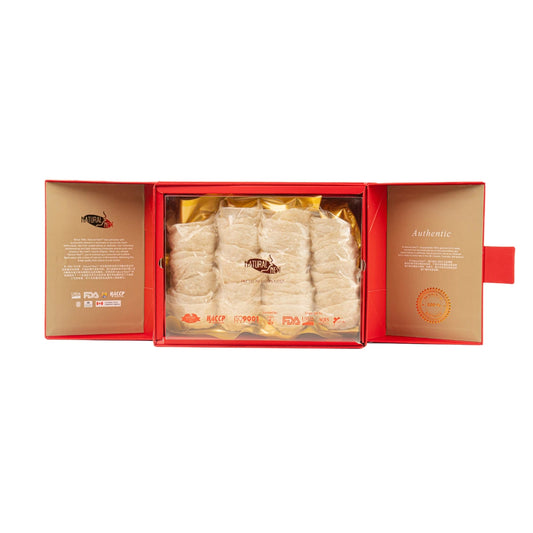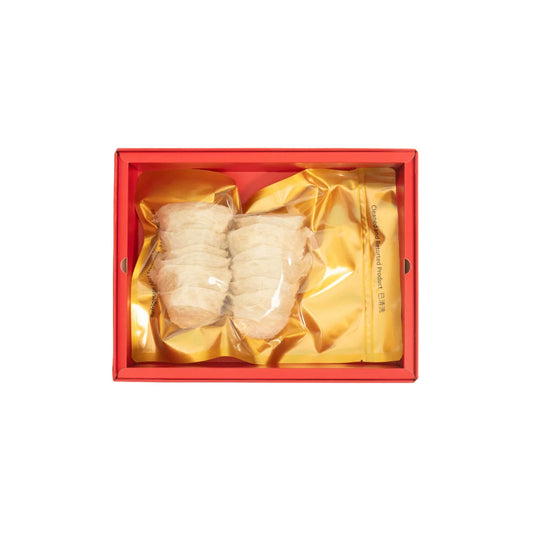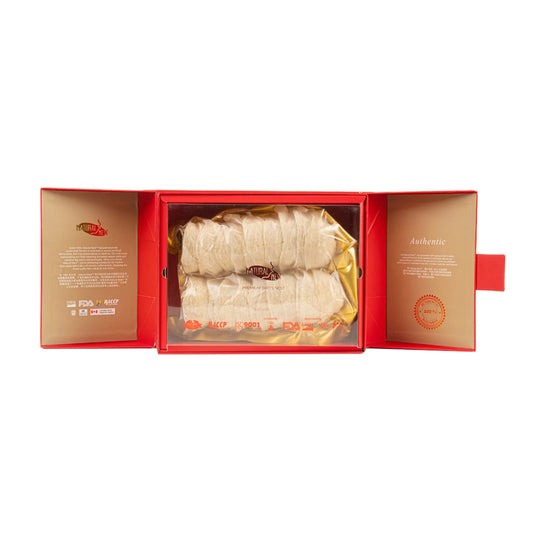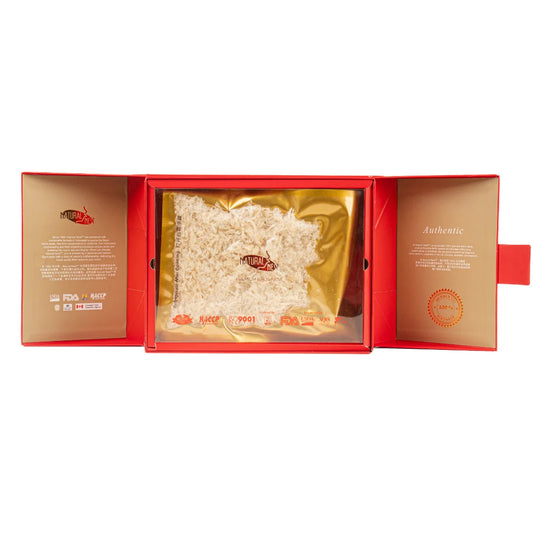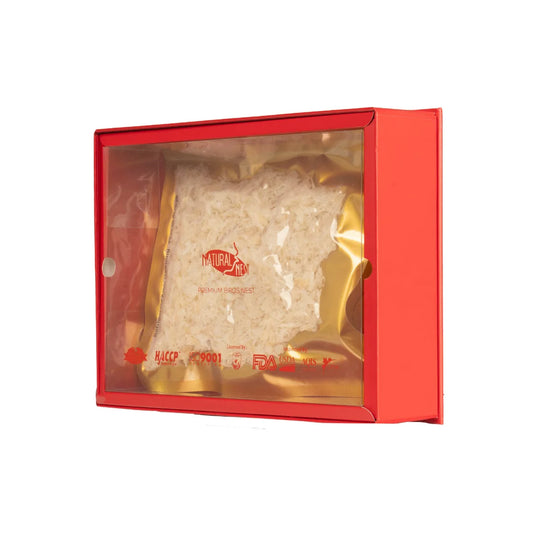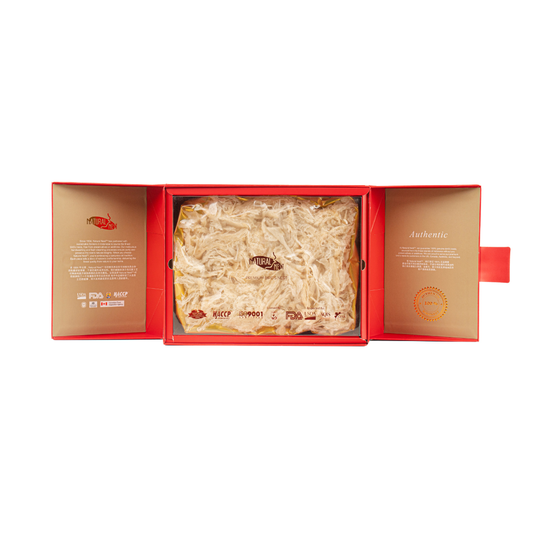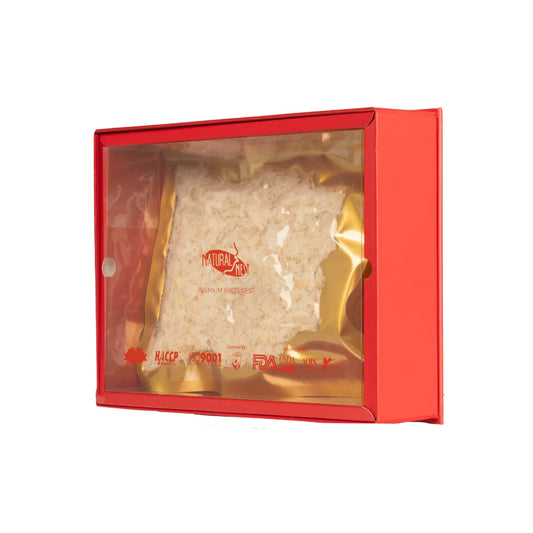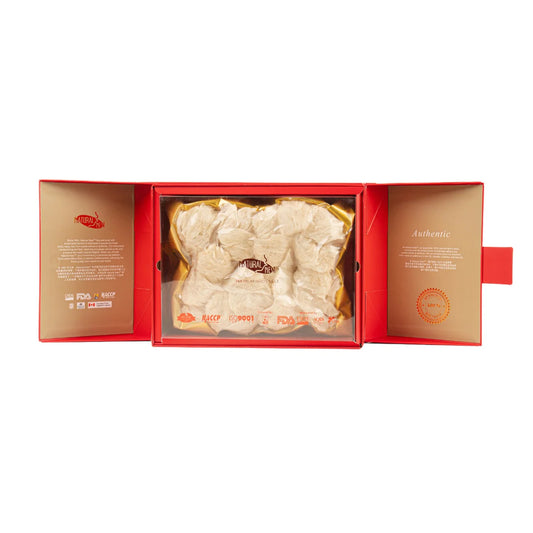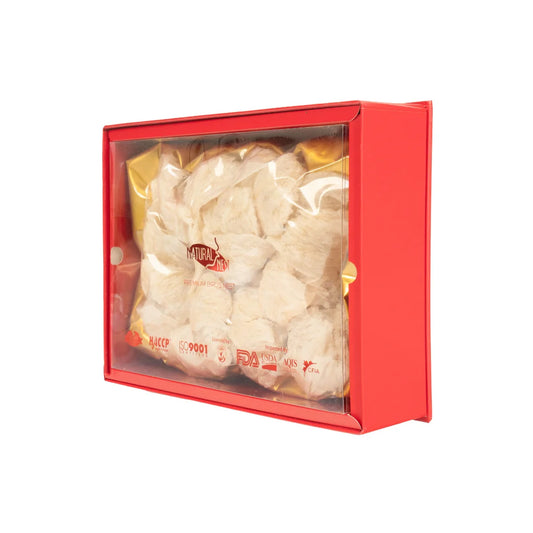Edible bird nests have been treasured for centuries for their unique texture, delicate flavor, and impressive health benefits. Sourced from the nests of cave-dwelling birds, particularly the Collocalia species, these nests are considered a delicacy and are often referred to as a “superfood.” The unique qualities of edible bird nests go beyond just their exotic appeal — they are packed with a range of nutrients that can support and improve overall health. In this article, we’ll explore why edible bird nests are considered a nutritional powerhouse.
What Are Edible Bird Nests Made Of?
The primary ingredient in edible bird nests is the saliva of the bird itself. The Collocalia species, commonly known as the cave swallow, uses its saliva to construct its nest, which hardens and forms a gelatinous, semi-transparent structure when exposed to air. These nests are harvested from the wild or, more commonly today, from specially designed farms where the birds are allowed to build their nests in controlled environments.
These nests are typically made up of around 50-70% protein, a key factor that contributes to their nutritional value. In addition to protein, edible bird nests are also rich in amino acids, minerals, and trace elements that are essential for maintaining healthy bodily functions.
Nutritional Benefits of Edible Bird Nests
-
High in Protein:
One of the standout features of edible bird nests is their high protein content. The proteins in bird nests are of exceptional quality, consisting of amino acids that are easily absorbed by the body. This makes them ideal for people looking to boost their muscle mass, repair tissue, or support immune health. -
Rich in Amino Acids:
Amino acids are the building blocks of proteins and play a crucial role in many bodily processes, including the production of enzymes, hormones, and neurotransmitters. Edible bird nests contain amino acids like glutamic acid, aspartic acid, and proline, which are vital for maintaining skin elasticity, reducing inflammation, and improving overall cellular function. -
Supports Skin Health:
The high levels of collagen in edible bird nests make them a popular choice for people seeking natural solutions to improve skin health. Collagen helps maintain skin elasticity and firmness, reducing the appearance of fine lines and wrinkles. Regular consumption of bird nests may contribute to a youthful, radiant complexion. -
Boosts Immune Function:
Edible bird nests have been shown to support immune function. The nests are a natural source of glycoproteins and minerals such as calcium, iron, and potassium, which help fortify the body’s defenses. These nutrients work together to enhance the body’s ability to ward off illnesses and recover from infections more efficiently. -
Supports Respiratory Health:
Traditional medicine has long touted edible bird nests for their ability to support respiratory health. Consuming them may help clear mucus and soothe irritated airways, making them a beneficial addition to the diet for those suffering from asthma, bronchitis, or other respiratory conditions.
How to Incorporate Edible Bird Nests Into Your Diet
Edible bird nests are versatile and can be prepared in a variety of ways. Traditionally, they are soaked in water or broth and simmered into soups, a method commonly used in Chinese cuisine. The nests can also be added to desserts, such as bird nest cakes or teas, to enhance flavor and texture.
When purchasing edible bird nests, it’s important to choose high-quality, authentic products, as the market can sometimes include fakes or adulterated versions. Opting for products from reputable sources like Natural Nest ensures that you are getting a pure and nutritious ingredient.
Conclusion
Edible bird nests are more than just an exotic delicacy. With their rich nutrient profile and numerous health benefits, they have earned their reputation as a superfood. From supporting skin health and immune function to enhancing overall well-being, incorporating edible bird nests into your diet can provide a range of wellness advantages. As the world continues to seek natural and nutrient-dense foods, edible bird nests stand out as a timeless treasure with remarkable health benefits.
